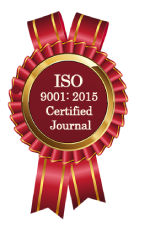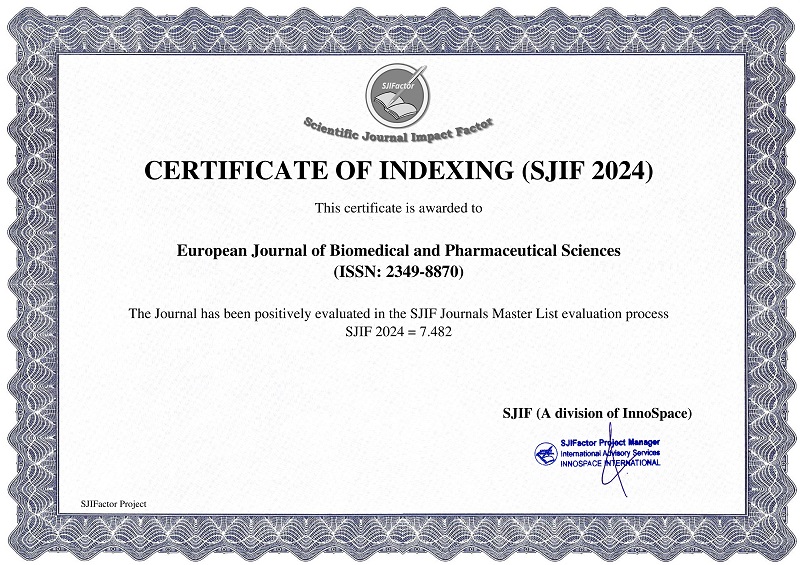CLINICAL OUTCOMES OF ANTI-TNF AGENTS COMPARED TO VEDOLIZUMAB AMONG ADULT PATIENTS DIAGNOSED WITH CROHN'S DISEASE: A SYSTEMATIC REVIEW
Ransirini Wijeratne*, Sumera Afzal, Januka Gaire, Ifeoluwa Fadeyibi, Ferdinand Ugwuja, Sunaina Pandey, Asmaa Bkhet, Laaraib Arshad, Farah Haider, Ademilua Iyanuoluwa, Uyi Osunde, Silvia A Hernandez, Toluwani Balogun, Uyonne Ugwuoke and Adaku Okafor
ABSTRACT
Introduction: Crohn's disease (CD) is a chronic inflammatory bowel disease characterized by transmural inflammation and granuloma formation. Biologic agents, including Anti-TNF agents (Infliximab, Adalimumab) and Vedolizumab, have revolutionized the management of CD by targeting key inflammatory pathways. This systematic review aims to evaluate the efficacy and safety of these agents in adult patients with CD. Methods: A comprehensive search was conducted in databases and registers, including PubMed, Embase, Cochrane Library, and ClinicalTrials.gov. Eligible studies investigating the efficacy and safety of Anti-TNF agents and Vedolizumab in CD patients were included. Data were extracted and synthesized narratively. Results: The included studies demonstrated the effectiveness of Anti-TNF agents in inducing and maintaining remission in CD patients. Infliximab and Adalimumab showed significant clinical response rates, with 70-point response rates ranging from 34% to 52% at week 4. Vedolizumab, an integrin receptor antagonist, also exhibited promising results. Among CD patients who had failed previous Anti-TNF therapy, Vedolizumab demonstrated remission rates of 15.2% at week 6 and 26.6% at week 10, compared to placebo rates of 12.1% and 12.1%, respectively. Additionally, Vedolizumab was associated with a higher CDAI-100 response rate of 39.2% at week 6, compared to 22.3% with placebo. Conclusion: Both Anti-TNF agents and Vedolizumab have shown efficacy in the treatment of CD. Anti-TNF agents demonstrated significant clinical response rates and remission induction. Vedolizumab provided a viable treatment option for CD patients who had failed previous Anti-TNF therapy, with higher remission rates observed at week 6 and week 10. Individualized treatment selection and therapeutic drug monitoring may optimize outcomes. However, careful monitoring and management of adverse events, including infections and infusion reactions, are crucial. Further research is needed to explore comparative effectiveness, long-term outcomes, and the potential role of combination therapies in CD management.
Keywords: Crohn's disease, inflammatory bowel disease, biologic agents, Anti-TNF agents, Infliximab, Adalimumab, Vedolizumab, therapeutic drug monitoring, clinical remission, safety.
[Full Text Article]
[Download Certificate]


 Impact Factor : 8.181
Impact Factor : 8.181 






